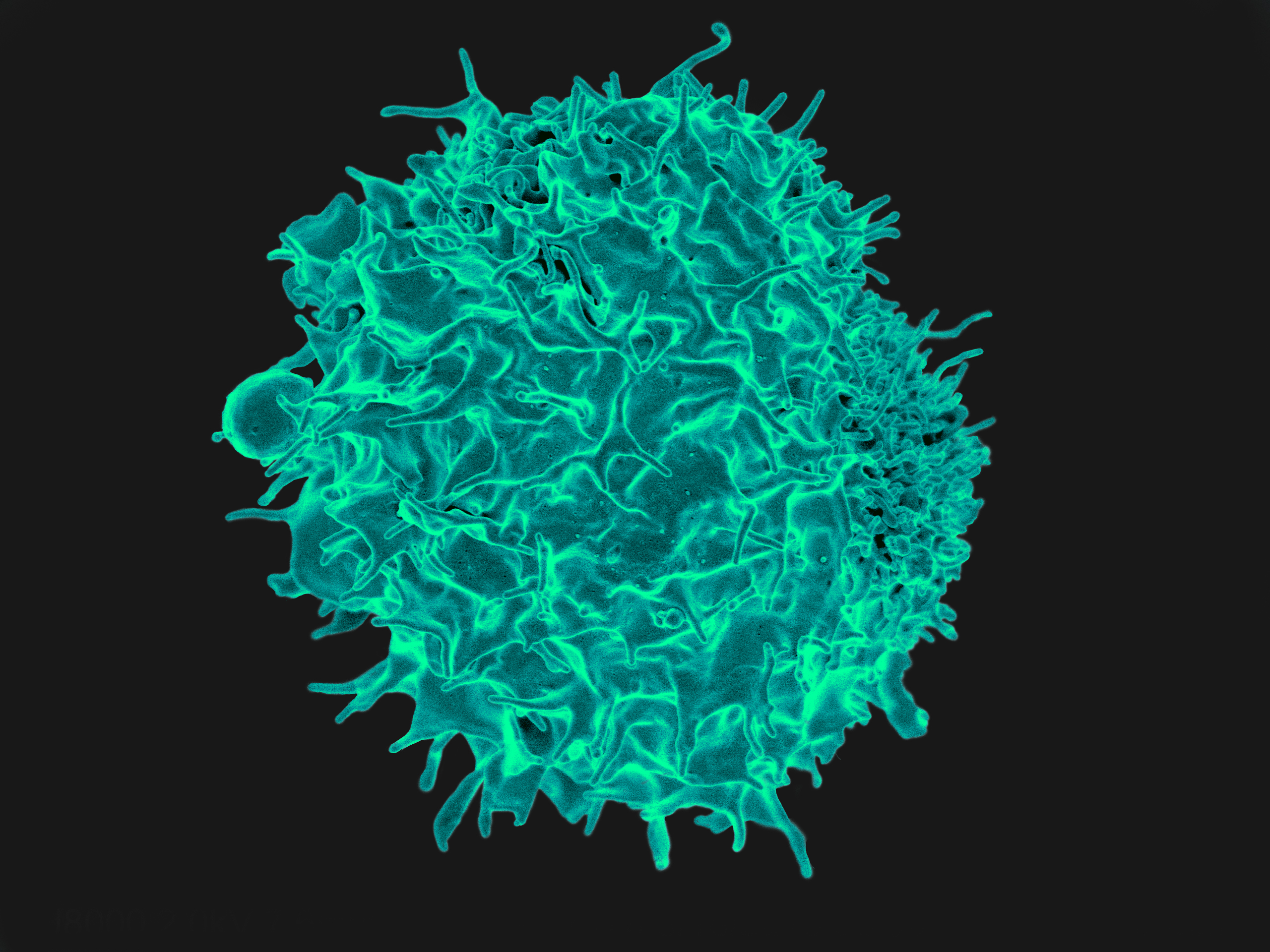Attachments
Note: Not all attachments are visible to the general public. Research URLs will go live after the embargo ends.

Research
Massachusetts Medical Society, Web page
Please link to the article in online versions of your report (the URL will go live after the embargo ends).

Research
Massachusetts Medical Society, Web page
Please link to the article in online versions of your report (the URL will go live after the embargo ends).
Journal/
conference: New England Journal of Medicine
conference: New England Journal of Medicine
Research:Paper
Organisation/s:
Friedrich-Alexander University Erlangen-Nürnberg, Universitätsklinikum Erlangen, Germany
Funder:
Supported by Deutsche Forschungsgemeinschaft through the
Leibniz Award (to Dr. Schett), the research group FOR2886, Collaborative
Research Center (CRC) 1181, CRC 1483, CRC–Transregio
(TRR) 305, and CRC–TRR 221. Dr. Müller is supported by German
Cancer Aid (grant 70113695). Further funding has been obtained
from the Staedtler Foundation, the Bavarian State through Exzellenzverbünde
und Universitätskooperationen (EVUK), and the European
Union (European Research Council Synergy Grant 4D+nanoSCOPE).



 International
International


